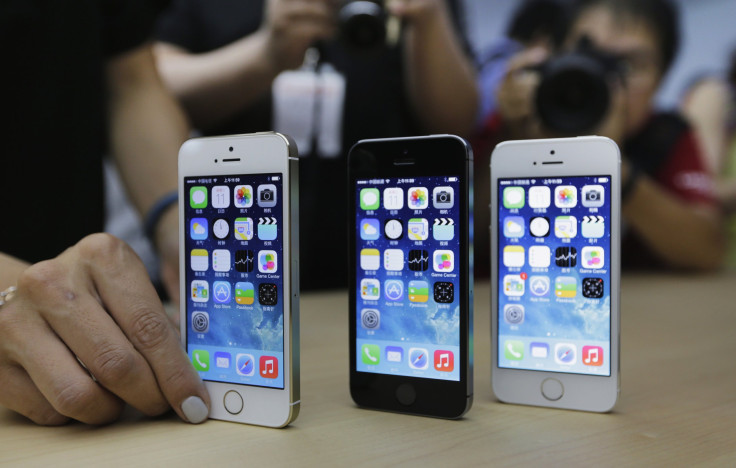China Issues 4G Licenses, Could Mean More Business For Apple (AAPL)

China finally has 4G. The country’s three state-owned telecom companies received long-awaited 4G licenses, which could mean a new distribution deal for iPhones in China.
The licenses from the Ministry of Industry and Information Technology (MIIT) are for a homegrown standard called TD-LTE, instead of the international rival technology FDD-LTE, the Financial Times reported on Wednesday.
This could be good news for Chinese mobile users, who have until now made do with slower 3G connections, and for Apple Inc. (Nasdaq:AAPL), whose iPhones are not compatible with the 3G network of China Mobile (NYSE:CHL), the world’s largest mobile company by subscribers.
The other two domestic operators, China Unicom Limited (NYSE:CHU) and China Telecom Corporation Limited (NYSE:CHA), have an internationally compatible 3G standard that allowed them to capitalize on the iPhone’s popularity in China, but Apple products still lag behind Korean cellphone maker Samsung Electronics Co., Ltd. (KRX:005935), and its small market share is being eroded by domestic rivals such as Xiaomi.
But Apple’s latest handsets, the 5c and the 5s, are both compatible with the new TD-LTE standard. A new partnership with China Mobile and access to more than 60 percent of China’s 1.2 billion mobile phone users could help Apple’s China business considerably, according to the Financial Times.
In a decision posted online, the MIIT said it decided to proceed with the TD standard first as all three companies had successful trials with it. The FDD trials and licenses are expected next year. Both are international standards, but the FDD is more popular.
“The 4G rollout will improve network service and speeds,” said Wang Jun, a Beijing-based industry analyst. “Video never took off on 3G.”
The 4G standard will ensure faster download times and cheaper pricing for China’s Internet users. Currently, Internet speeds can be very slow, especially for overseas sites subjected to censorship.
The upgrade will also create jobs and spur investment. In anticipation of the licenses, China Mobile has already awarded contracts worth $3.2 billion for the construction of 207,000 mobile base stations. Six Chinese suppliers including Huawei and ZTE (SHE:000063) received most of the contracts, but Nokia Solutions and Networks (NYSE:NOK), Ericsson (Nasdaq:ERIC) and Alcatel-Lucent SA (NYSE:ALU) secured about a third of the work, the Financial Times reported.
© Copyright IBTimes 2024. All rights reserved.











